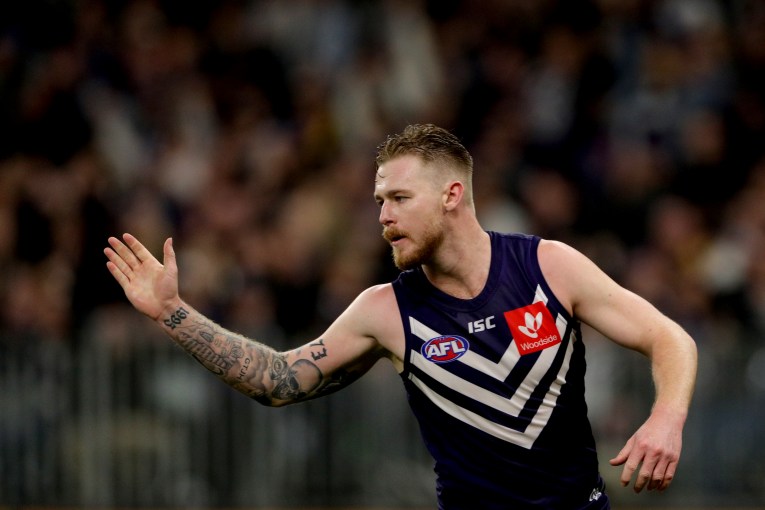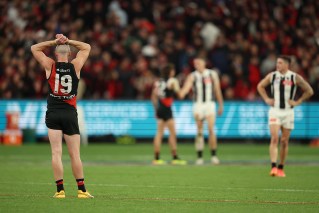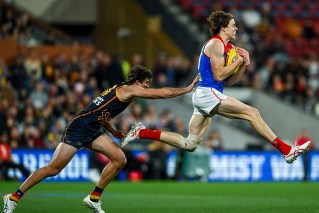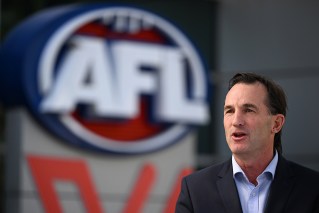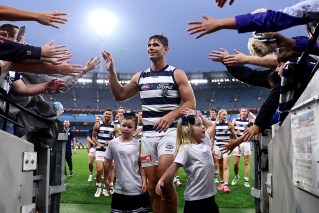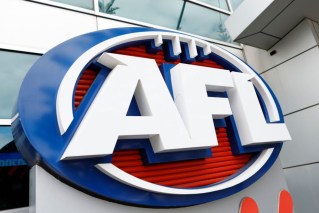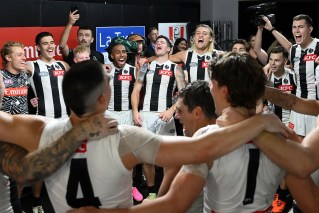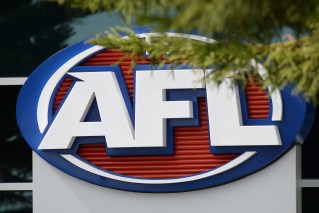Google, Netflix and the future of live football

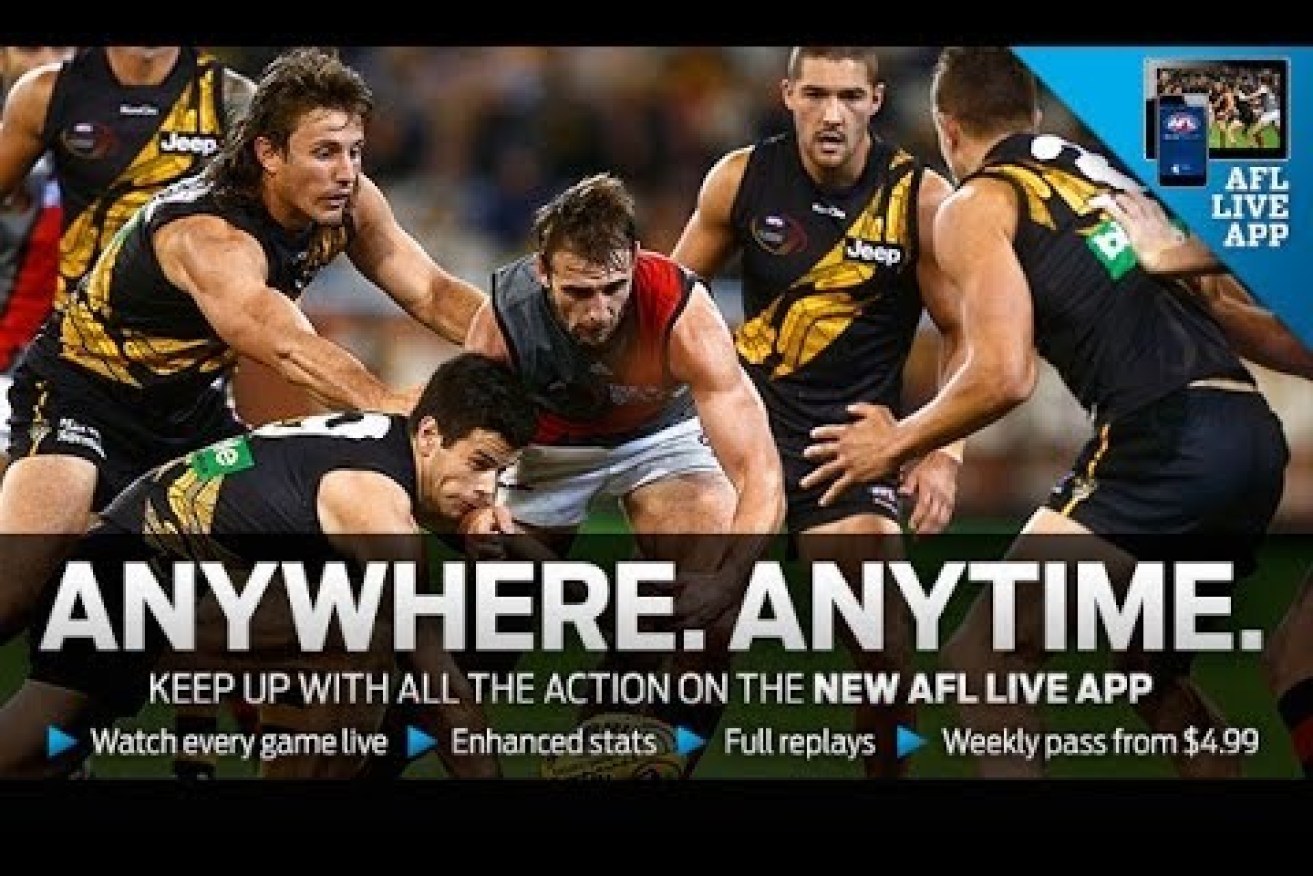
The AFL's digital rights are currently held by Telstra, but that could be about to change. Photo: AFL Live
The Australian sports broadcasting landscape could be set for its biggest shake-up in years, with the AFL and NRL reportedly in talks with companies like Netflix and Google as potential broadcast partners.
The AFL’s current broadcast deal ($1.25 billion for five years between Channel Seven, Foxtel and Telstra) expires at the end of 2016.
The NRL’s $1.2 billion contract with Channel 9, Fox Sports, Telstra and Sky Sport (in New Zealand) expires a year later.
• $10 billion EPL rights deal: can the AFL cash in?
• Former Eagle Daniel Kerr admits ice use in past
• The best game you didn’t see Chris Judd play
But are the AFL and NRL just using names like Google and Netflix to drive up the price Telstra has to pay for the digital rights?
Or is the prospect of watching live AFL games on YouTube in season 2017 a genuine possibility?
Brett Hutchins, an associate professor at Monash University and co-author of the book Sport Beyond Television, thinks it is unlikely Google or Netflix will be major players in this round of negotiations.
“It’s about creating competitive tension, i.e. bringing in some external players who might shake Telstra up – who’ve been a 200-pound gorilla, the only ones who can own the digital mobile rights,” Mr Hutchins told The New Daily.
“The fact that at the moment it appears the NRL and the AFL have approached these people, rather than the other way around, (I think) what you’re seeing is them trying to get Telstra to cough up.
“I think what’s really going on is saying there are other people out there who may be able to do this.”

The AFL’s digital rights are currently held by Telstra, but that could be about to change. Photo: AFL Live
But Mr Hutchins feels the next round of negotiations will see a shift in the way sport is broadcast.
“If they’re not real players this time, they’ll be real players next time,” he said.
“They are real players in the sense that there’s a lot of activity going on around this internationally.
“Yahoo bid a reported $20 million to live stream an NFL game from London in October. They actually beat out Twitter for those rights.
“There’s a realisation that with over-the-top services, like Netflix and live sport streams, that the future’s on its way, if it’s not here already.
“YouTube did the IPL in 2009, they did the Copa America football championships in 2011.
“You’ve also seen UFC make streams available for some lower profile events on Facebook.”
Former Foxtel CEO and AFL commissioner Kim Williams has said “television as we know it will change completely in the next decade”, while AFL CEO Gillon McLachlan said the next broadcast arrangement would be “very different” to the existing one.
Mr Hutchins also feels that sweeping change is on the way.
“For sports like the AFL and the NRL, you’re going to see more and more hybrid models,” he said.
“They’re going to see if they can move it around, particularly to attract global audiences.

Red Bull TV has proven a successful model for the company’s action sports interests. Photo: RedBull.tv
“People don’t tend to think about the action sports, but Red Bull TV’s been at this since 2006 – broadcasting all sorts of events. Motocross, something called Crashed Ice, the Air Race.
“It’s an incredibly successful model.”
Channel 10 CEO Hamish McLennan said the prospect of Google entering the sports broadcast sphere was “scary”.
“They have got deeper pockets than all of us and I think that is part of their mission,” Mr McLennan told Fairfax.
“They have got virtually unlimited resources and they can afford to lose money to achieve a commercial outcome over time.
“It’s reasonable to think Google now or in three years’ time is a real live competitor for sports.”
Mr Hutchins agrees TV networks should be worried.
“Bloody right they should be,” he said.
“This deal you may see little things carved off, but it’s the one down the track.
“Google’s been professionalising the content that appears on that platform over the past three or four years.
“It used to be a user-generated content site. It’s increasingly a hybrid between professionally produced media content and what people like uploading.
“They’ve been working away in this area for quite some time.
“People’s habits don’t change as quickly as the technology, and you’re starting to see those habits catch up.”
